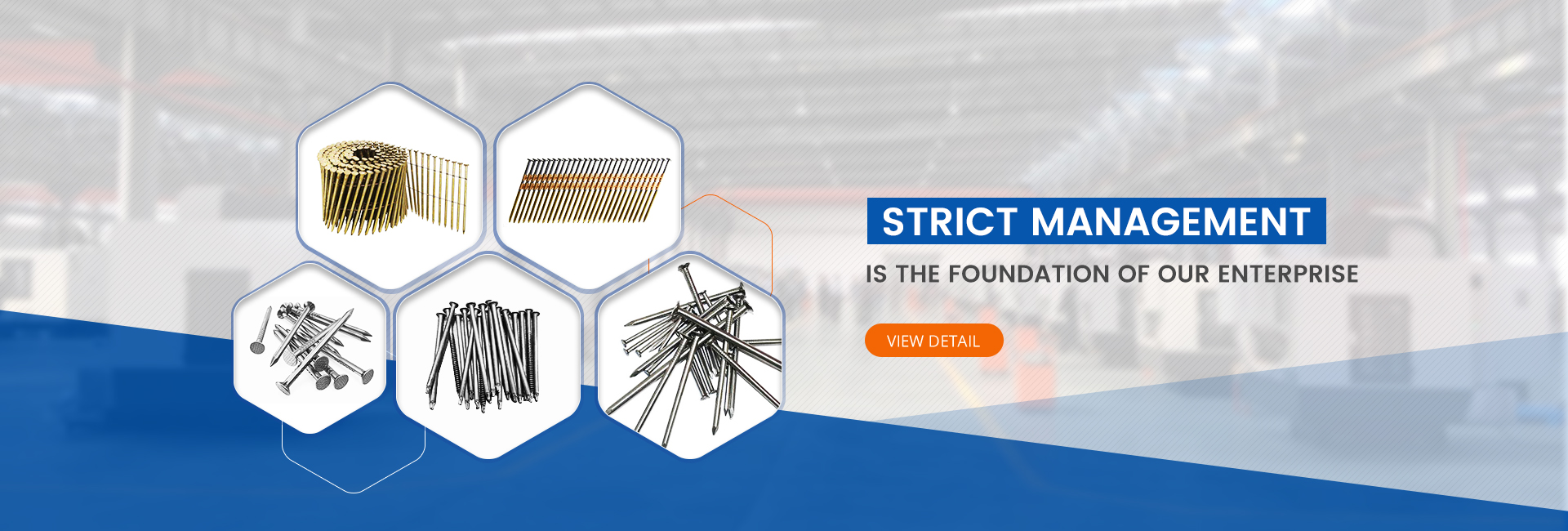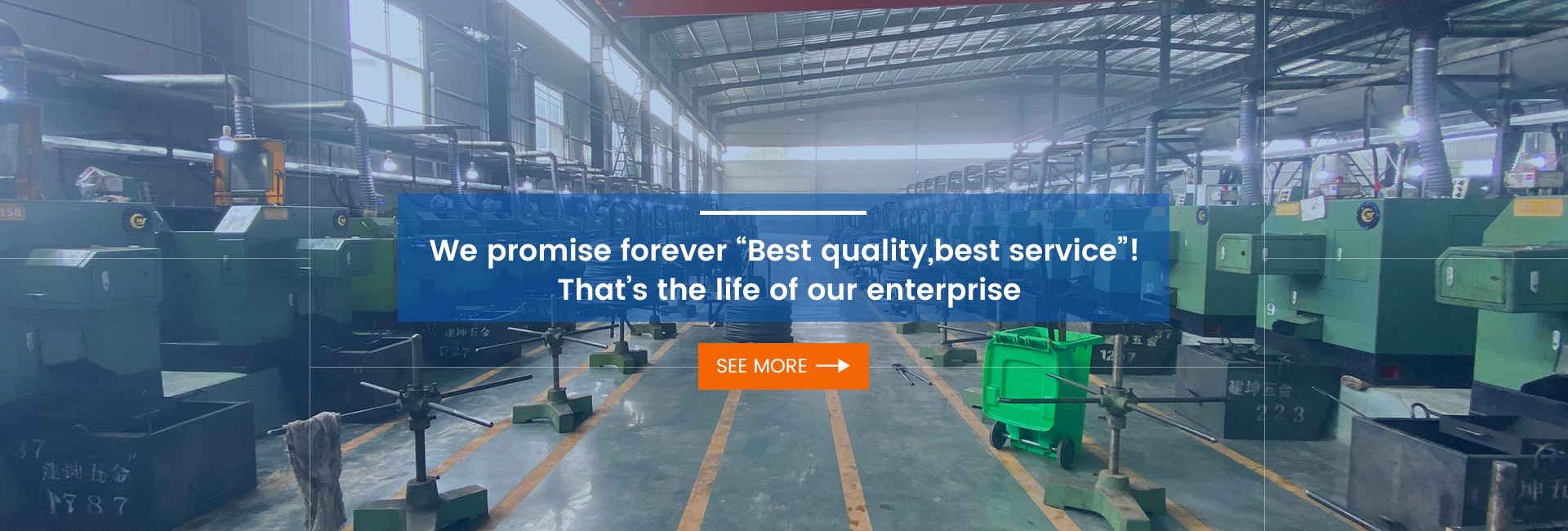High-speed nail making machines are versatile tools capable of producing a wide range of nails for various applications. These machines excel at manufacturing nails with remarkable efficiency and precision, making them indispensable in the construction and manufacturing industries.
Types of Nails Produced by High-Speed Nail Making Machines
Common Round Nails: These are the most basic and widely used type of nails, characterized by a round head and a straight shank. They are commonly employed for general construction, woodworking, and carpentry projects.
Wire Brad Nails: These nails feature a smaller head and a thinner shank compared to common round nails. They are often used for delicate applications, such as attaching trim, molding, and paneling.
Finish Nails: These nails have a countersunk head that sits below the surface of the material, providing a flush finish. They are typically used for finer woodworking projects and furniture assembly.
Ring Shank Nails: These nails have a spiral-shaped shank that enhances their holding power, making them suitable for applications where increased strength is required, such as framing and deck construction.
Staples: High-speed nail making machines can also produce staples, which are U-shaped fasteners commonly used in furniture making, upholstery, and packaging.
Factors Affecting Nail Production
The specific types of nails that a high-speed nail making machine can produce depend on several factors, including:
Machine Specifications: The machine’s capacity, wire diameter range, and head forming capabilities determine the types and sizes of nails it can produce.
Wire Material: The machine can work with various wire materials, such as steel, brass, aluminum, and stainless steel, influencing the nail’s properties and applications.
Customer Requirements: The machine can be customized to produce nails according to specific customer requirements, such as head style, shank length, and point shape.
Advantages of High-Speed Nail Making Machines
High-speed nail making machines offer several advantages over traditional nail-making methods:
High Production Capacity: These machines can produce thousands of nails per minute, significantly increasing production output.
Consistent Precision: They ensure consistent dimensional accuracy and shape uniformity, minimizing defects and waste.
Reduced Labor Costs: Automated production reduces the need for manual labor, lowering labor costs and improving efficiency.
Versatility: They can produce a wide range of nail types and sizes, catering to diverse applications.
High-speed nail making machines have revolutionized the nail manufacturing industry, providing a fast, efficient, and precise means of producing a wide variety of nails for various applications. Their versatility, production capacity, and precision make them indispensable tools in the construction and manufacturing sectors.
Post time: Jun-26-2024



